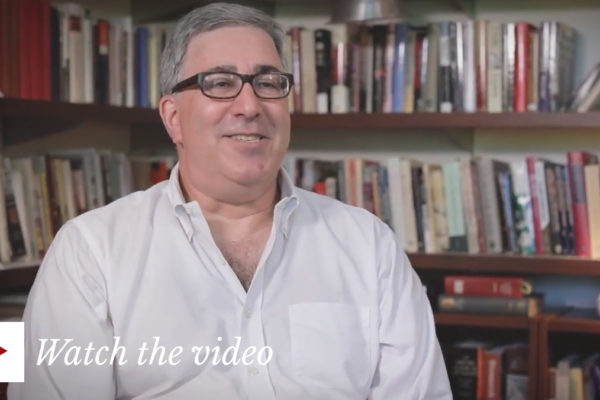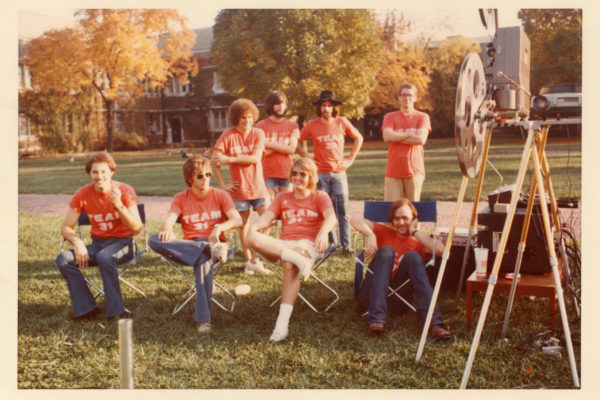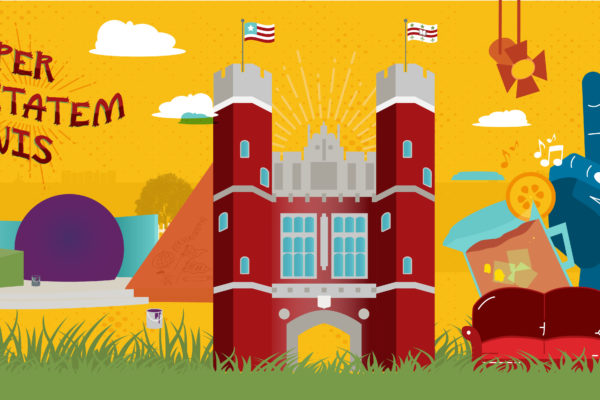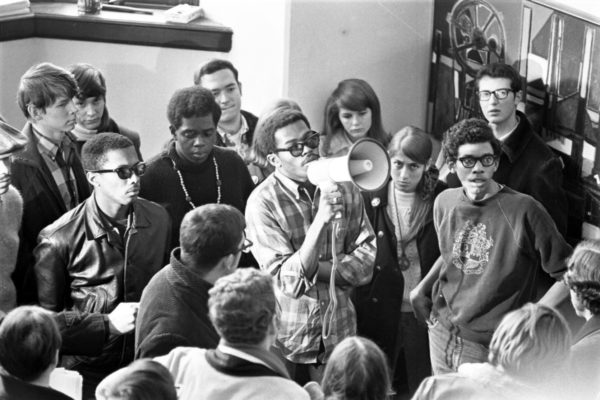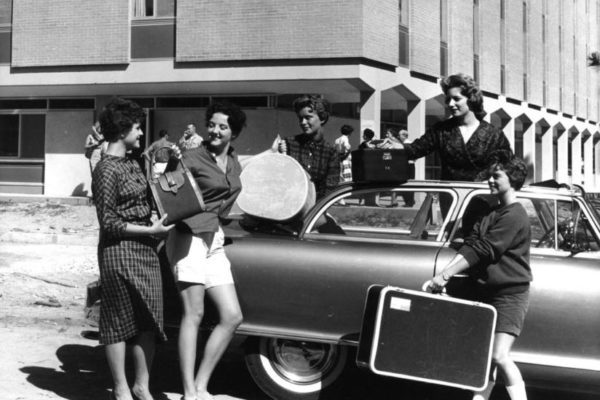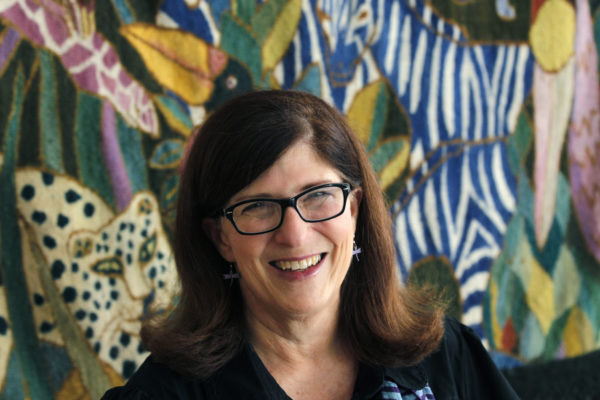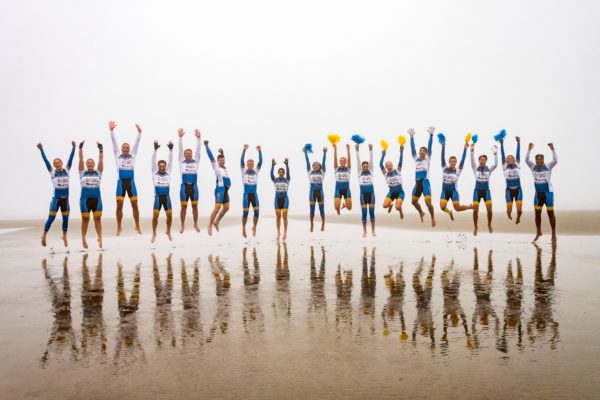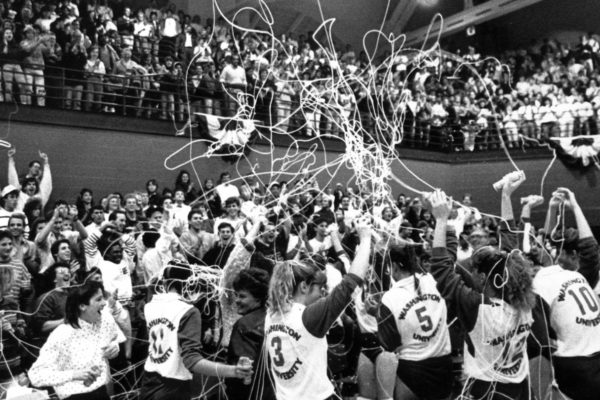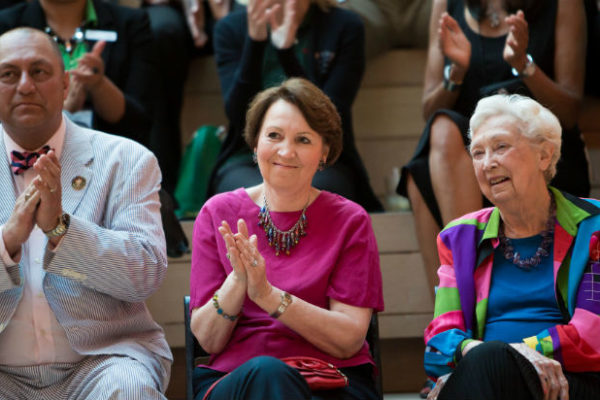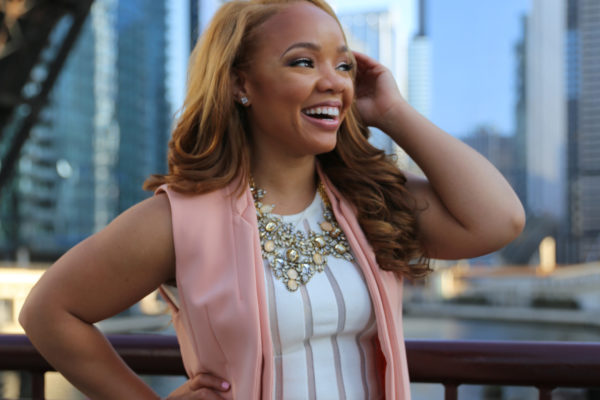On topic: Hope as an American tradition
In studying and teaching American history, Iver Bernstein noticed the prevalence and importance of hope in the American democratic experiment. Nowadays, it may seem that hope is in short supply, but Bernstein says that it continues to be part of America’s foundation and future.
WILD streak: 45 years of ‘Walk In, Lay Down’
It began with an essay for an argumentation class; it became a full-blown concert experience and one of the most anticipated student events of any semester. Here is the history of one of WashU’s best traditions, WILD.
50 things every first-year WashU student must do
Campus life has changed a lot over the years. So we got together alums and current students who whittled down some of the best things to do on campus your first year here. Some of our greatest activities, classes, food and traditions are included.
A tradition of activism: The 1968 Brookings occupation
In the fall of 1968, members of the Association of Black Collegians occupied Brookings Hall for eight days. The sit-in would permanently change Washington University.
Bygone WashU quiz
Washington University in St. Louis has been around since 1853. With 165 years of history, the institution has seen many changes to student life. How well do you know WashU’s bygone traditions?
Five pounds of change
Alumna Rebecca Rothney founded Pack For a Purpose, which allows travelers to easily leave behind much-needed donations when they travel abroad.
Battling cancer on two wheels
With a PhD in business, you might not expect Chris Boerner, AB ’93, to be fighting cancer. Yet as head of international markets at Bristol-Myers Squibb, he works to bring life-saving immuno-oncology cancer drugs to international markets. In his free time, Boerner participates in two bike rides that raise more than $1 million annually for cancer research.
Winning ways
The passing of Title IX in 1972 set the stage for the growth of women’s athletics across the country. Today, Washington University female student-athletes compete in 10 intercollegiate sports. And they hold 19 of WashU’s 22 NCAA Division III national championships, with the string of championships starting in 1989.
Leading with diversity
One proud chapter of Washington University’s history is the founding of The Consortium for Graduate Study in Management. Since 1966, the consortium has been driving diversity in business education and corporate leadership across the country.
Shaping a more equal society
Alumni of The Consortium for Graduate Study in Management do well by doing good.
View More Stories
